Search
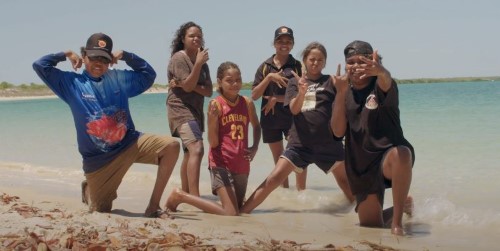
News & Events
Kids hip hop to stop painful skin infections in the Kimberley regionThe Kids Research Institute Australia researchers have launched the Hip Hop 2 SToP video featuring school kids participating in their SToP Trial project designed to see, treat and prevent skin infections in WA’s Kimberley region.

News & Events
Energy drinks not OK for kidsTelethon Kids Institute researchers have found more than half of young people who consumed energy drinks suffered negative health effects.
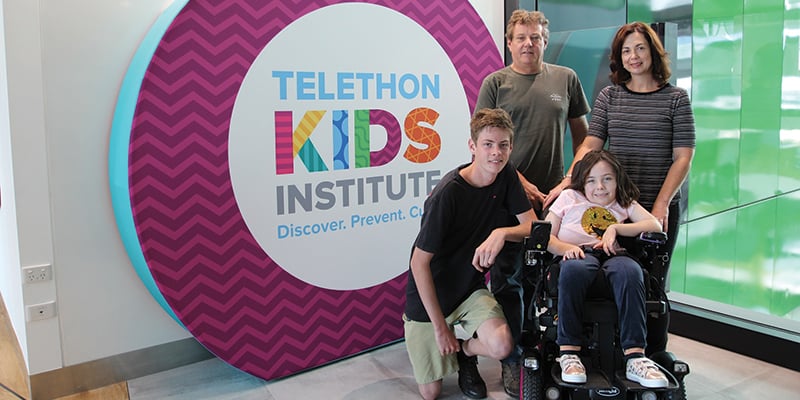
News & Events
Karratha family jump at chance to join sleep studyMackenzie Crane was 10 months old when her parents, Jodie and Scott, were given the life-changing news that their daughter would never walk.
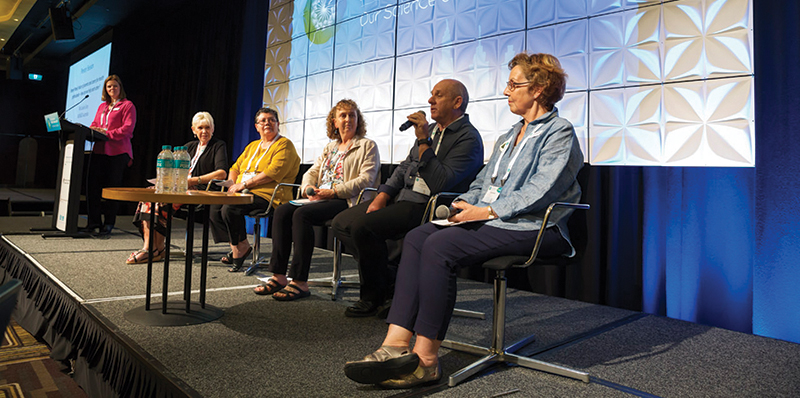
News & Events
FASD conference unites policy, science and lived experienceHeld every two years, the Australasian FASD Conference is a significant and unifying event for those in the Fetal Alcohol Spectrum Disorder sector.
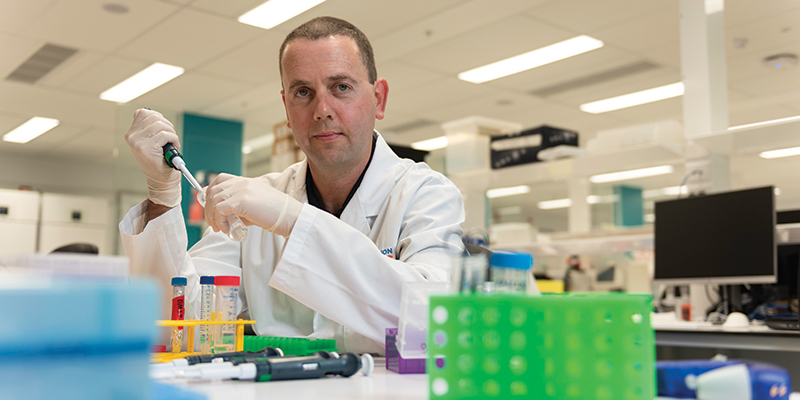
News & Events
Pioneering research could be key to keeping cancer in checkCancer research is being reimagined after a collaboration between The Kids Research Institute Australia, the Peter Doherty Institute for Infection and Immunity.
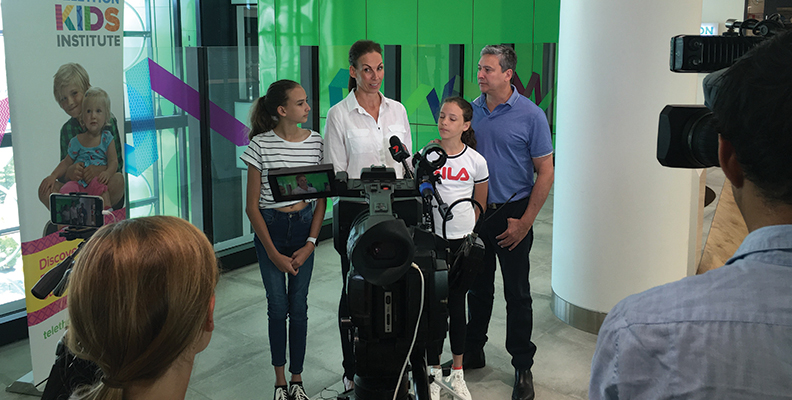
News & Events
New drug therapy provides hope for kids with cystic fibrosisThe Kids Research Institute Australia spin-off company, Respirion, received $20 million in funding to develop a promising new therapy.

News & Events
Friendly Schools goes from strength to strengthWhat began as a small formative research project 20 years ago has grown into a universal bullying prevention and social skills development program which has helped countless Australian children and their families.
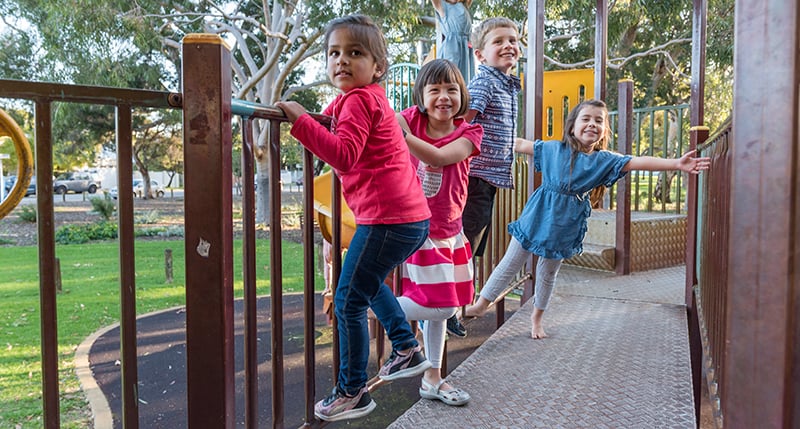
News & Events
Top reasons why you should consider joining a playgroupWe have all heard of the phrase ‘it takes a village to raise a child’ but unfortunately in contemporary western society that ‘village’ can be hard to find.
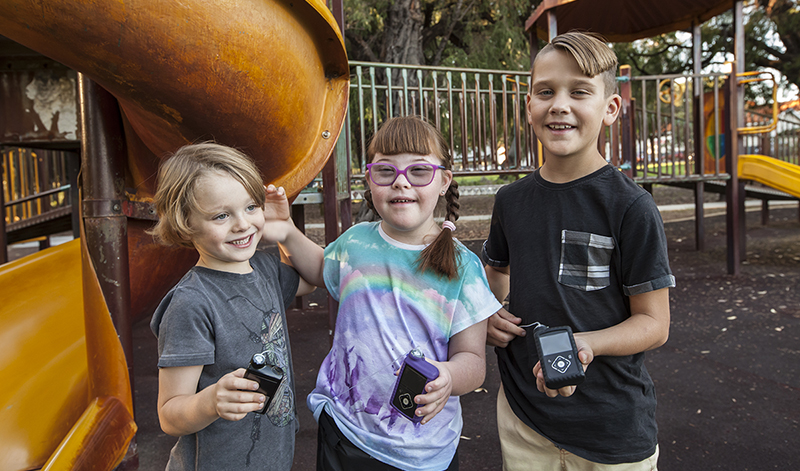
News & Events
Five things that may surprise you about type 1 diabetesProfessor Liz Davis reveals five things you might not know about type 1 diabetes.
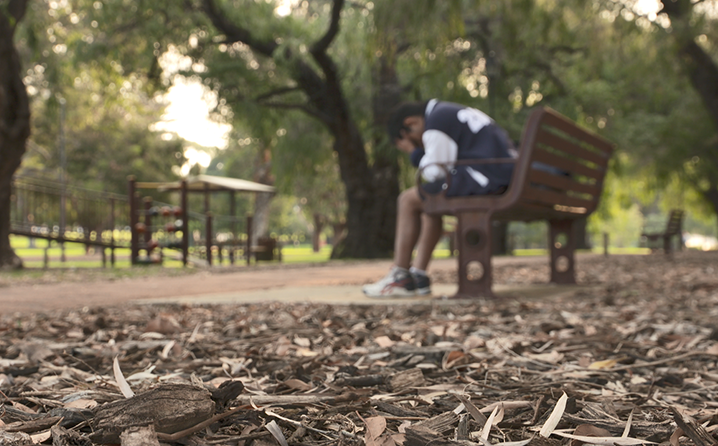
News & Events
What are the signs my child is being bullied?More than half of all children who are bullied do not tell anyone.
